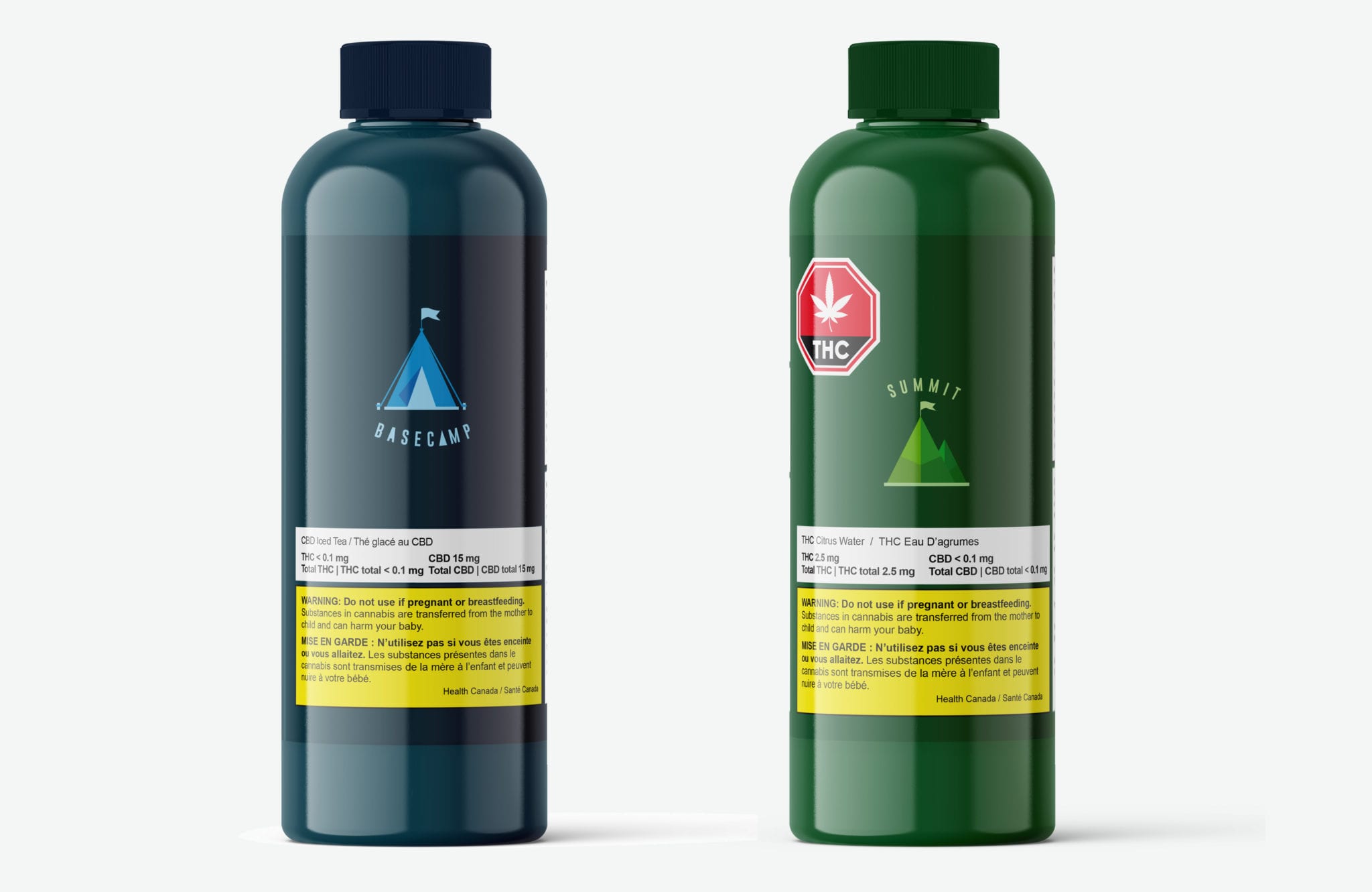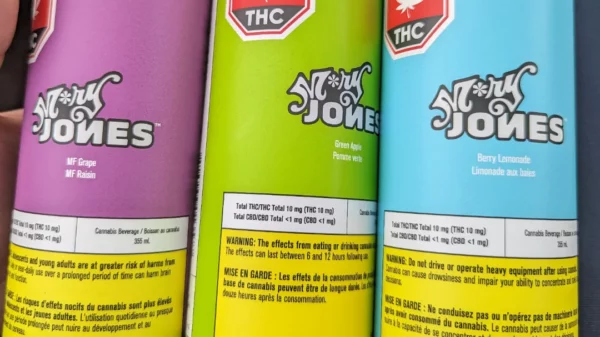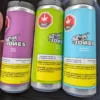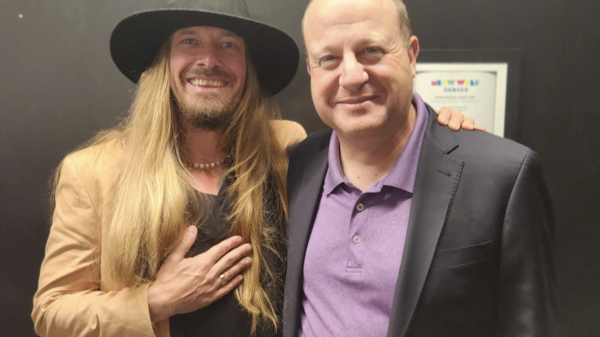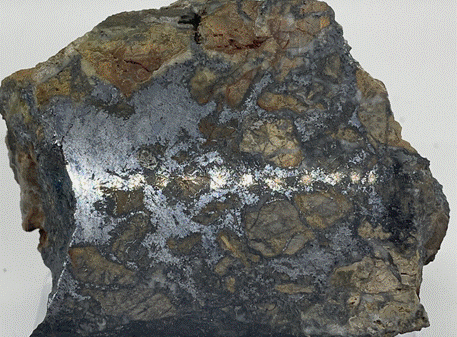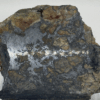As an exhausting 2020 continues to unravel, The Valens Company (TSX: VLNS) is betting more Canadians will find relief sipping on a cool cannabis-infused beverage.
At the start of the year, the weed industry had great expectations for new cannabis 2.0 products like vape pens, gummies and drinks to help lure consumers from the illicit market and bolster underwhelming sales.
Last year market researchers at Deloitte pegged the value of the incoming Canadian 2.0 segment at $2.7 billion, with infused beverages anticipated to rake in $529 million.
And with businesses facing major fiscal constraints for months, the Covid-19 pandemic further hampered manufacturing and distribution for the new products.
Valens would be the first company to launch a ready-to-drink cannabis beverage in Canada early March, beating industry giant Canopy Growth Corp. (TSX: WEED) to the punch.
While Canopy reported this week it’s now shipped out 1.2 million beverages across Canada and holds a 74 per cent market share in the category, Valens is confident its focus on quality over quantity will win over consumers.
The Kelowna, B.C.-based extractor is one of the rare companies in the Canadian industry to consistently post profitable earnings. But with the slow start to the 2.0 market amid global market setbacks, the firm has shifted its focus more on developing partnerships and brands for oil-based products — including drinks.
Read more: Valens first to launch cannabis drinks in Ontario
Read more: A rough quarter for leading extractor Valens
In the following interview, Valens CEO Tyler Robson explains how beverage sales are ramping up in Canada compared to the U.S., why innovative emulsion technologies give his company an edge in terms of taste and texture, and how drinking cannabis is attractive to health conscious consumers during the pandemic.
The following interview has been edited for length and clarity.
How did you decide to get into the cannabis beverage space in the first place?
Several years ago, I travelled to states like Colorado to see how the different cannabis marketplaces were going. And we really believe that flower was becoming commoditized a lot, just as people were expecting. And then sales for derivatives were climbing month-over-month.
Beverages have always been an interesting segment within the oil-based market for us. We tried to look at different beverage technologies and products. I looked at about 87 in total. But very few actually met the criteria of a beverage in my mind — whether it was user experience, consistency, aggregation and optimization. Really it was a let down in terms of consumer experience.
We finally found one out of Washington state called Sorse Technology. We ended up forming a partnership for use in Canada, which helped us be one of the first to actually launch a beverage product.
It’s still early days in the legalization in Canada, but I think the beverage category is going to do a lot better than what people are giving it credit for. When you really think about the criteria for our infused beverage products there’s less caloric intake and you really can control user experience.
I truly believe with drinking beverages — whether it’s alcohol or sports drinks — that the behaviour is ingrained to our society. When you look at guys going golfing or just people going out for a glass of wine, I think it’s a major part of our culture. That’s why I believe if we can offer a consumer experience that replicates alcohol with lower caloric intake and no hangover, that’s really what will win over new consumers.
When you look at growth, beverages are up 28 per cent in the edibles category in Canada alone as of Health Canada stats from May.

Valens developed its cannabis beverages with its partner Sorse, a leading hemp and cannabis water-soluble emulsion supplier based in Washington state. Photo via Sorse
Briefly describe the beverages your company has on the market.
Right now we have a few beverages on the market with more coming.
The first two are called A1 Summit and A1 Basecamp. Summit is the THC-based option and Basecamp is CBD-based.
We’ve come up with different formulations, or different SKUs, essentially. For the canna-curious, we did a low dose or what we call a micro dose of 2.5 milligrams of THC. That way the consumer can build up a tolerance where they can feel more comfortable. For the more avid users, we will soon be launching a 10 milligram product that’s essentially four times more potent for the people that have a high tolerance and are more comfortable with THC.
How have sales been so far for the company’s own branded infused drinks?
Beverage sales have been slow just like any other 2.0 product. That’s because Health Canada has limited the amount of product getting to stores within the agency’s distribution platform. But it seems to be picking up.
Another thing that happened was a lot of private retailers didn’t have the infrastructure for refrigeration. But now that all the retailers are getting their feet under them we’ve seen month over month sales continuing to grow.
Being five months into the pandemic, recent data and even a New York Times report is showing that demand for edibles has been rising. How much more enticing do you think drinking cannabis, opposed to smoking it, is an important factor for consumers as we continue to face a respiratory health crisis?
It’s a massive factor. Inhalable products aren’t an ideal option right now. And depending on who you are — whether you’re smoking a joint or using a vape pen — you’re going to can get a completely different dosage because it’s an inconsistent delivery method. Whereas with a beverage we can precisely dose. It’s actually a cleaner method of ingestion, so I’m a big advocate for ingestibles.

Under a white label agreement with A1 Cannabis Company, a subsidiary of Iconic Brewing, The Valens Company is providing cannabis extracts, formulation services, and Sorse emulsion technology to produce its cannabis beverages. Press photo
There are reports that cannabis consumption is rising in 2020, and market data shows 17 per cent of Canadians now say they intend on using recreational cannabis for the first time. So, how attractive are beverages for the canna-curious?
Absolutely I believe they’re more attractive. Cannabis beverage products are by far the most consistent, safe and regulated on the market.
When you look at some of our beverages, like our Summit product for example, it only has 2.5 milligrams of THC. So, you can actually have multiple before you really start to feel the effects. You can get comfortable having one or two before you really start to get the elevated feeling.
And as people really get comfortable with the consumer experience they build brand trust with beverages. When you look at toothpaste, for example, like with most consumer packaged goods, very few people switch between toothpaste brands as they continue to age. We believe that will be similar with beverages, as well. Once people get more comfortable with the delivery system and experience they’re going to have their favourite choice in beverages.
But when we look at more established cannabis markets like Colorado or Washington, demand for beverages has remained low, with the segment continuing to grab only around 1 per cent of monthly legal weed sales. Does federal legalization give the Canadian industry and Valens an advantage to develop and manufacture better quality infused beverages?
First off, when you really look at Colorado, Washington and California, you have to dive deeper than just looking at the growth numbers of the beverage sector. For example, in Washington beverages aren’t allowed to be displayed. So when a consumer walks into a store without physically seeing the product, you can’t get that curiosity started. Very few people there even know to ask for beverages.
In those markets there are very limited beverage options, which I think will change in the very near future. Also, some states have them under lock and key because they’re worried about children accessing them because they’re often a sugary drink, depending on the manufacturer.
I don’t think looking the US is necessarily the best case study. I’d be looking at different markets or even what we’ve seen so far in Canada.
And because U.S. companies can’t ship cannabis products over state lines — and don’t have access to banks — that also hinders opportunity?
For sure. Because we’re not bound by provinces or state codes, and we’ve legalized federally, that completely changes everything. We can get very specific on demographics and we can go after specific provinces that we want to attack. For example, in B.C. some beverages sell better than in Alberta or Ontario, so we have a better understanding of concrete data and can plan a product launch completely different than what’s going on in the U.S.
Given the fact we’ve federally legalized cannabis, the R&D process for developing and manufacturing products has opened up significantly here because we don’t have to keep it all in house or within a state border.
We have partnerships all over Canada including one with Thermo Fisher, the largest manufacturer of science equipment in the world, to really enhance R&D. We tailor the technology and the delivery systems to get the best products to market.

California-based craft beer maker Lagunitas, which is owned by Heineken, partnered with AbsoluteXtracts to launch cannabis drinks in California and Colorado. Press photo
Explain what Sorse and Valens bring to the table in terms of emulsion technology to address issues like taste, texture, as well as the onset and offset times — to win over consumers.
It really comes down to taste, experience, and accelerated onset and offset times. With the technology we’re using we can replicate a beer or an alcohol beverage. Knowing how long the effects will last helps consumers to get comfortable.
The health and wellness sector is an important aspect because people are trying to get healthier. If we can provide a beverage with zero sugar and lower caloric intake than any spritzer or wine, I truly believe people will buy into that.
As for taste, Sorse’s technology provides zero flavour, zero colour and it’s completely translucent in water. So you basically can’t even tell the cannabis is there. We think that’s why our products are appealing to consumers because there are no negative, strong flavours that we have to hide behind sugars.
There’s a weird thing with the emulsion technology: You can either call it water soluble or water compatible. Depending on who you talk to, you get very different answers. Essentially, people are saying that you can’t mix oil and water because the two will never be truly soluble.
In terms of being water compatible, what our nano-emulsion process does is encapsulate the cannabinoid molecules using our proprietary technology, which makes it the same size as water molecules. That makes cannabinoids transparent inside the liquid.
That reminds me of a salad dressing analogy I’ve heard before — how you can’t really mix oil-based cannabis extracts into water as it inevitably separates. So, you’re saying your company has found a way to make the cannabis beverages without that happening?
Exactly. Thinking of it like salad dressing is a good way to break it down. If you take a bottle of Italian salad dressing and shake it, it separates within minutes. But with a more fundamentally sound emulsion technology, it will stay stable for weeks, months, or years depending on storage.
There are different ways to go about it and because we have really have sound emulsion methods, we have shelf stability for multiple years with our products at room temperatures. Te technology is a little more advanced than what people are giving it credit for right now.

Valens is the only Canadian cannabis processor equipped with five different methods of extraction at its facility in Kelowna, B.C. Press photo
I’ve also read a Wall Street Journal article that rips into the cloudy look and skunky, undesirable taste of cannabis beverages sold in the U.S. Is it safe to say Valens is has been able to address these issues?
Absolutely. Like when I said I looked at 87 different beverage technologies in the U.S., very few made it past the first step in terms of emulsifying cannabis.
There are a lot of inferior products on the market that have left a bad taste in people’s mouths. So I think in time, the cream of the crop will rise to the top — essentially where people will start tasting fundamentally sound beverages with sound experiences and sound dosing. That will completely change their impression.
Even some I’ve tasted in Canada, some taste absolutely terrible when they’re trying to hide the cannabis flavour behind sugar. I think some companies should’ve done a better job in the early days of developing their products before launching them.
Can you explain a little more about the quick onset and offset times for the elevated effects of your beverage products?
We’re telling people an onset time of 10–15 minutes. But it really comes down to your metabolic rate, your body type, your size, and what you’ve eaten. I’ve felt the effects in as low as seven minutes and as long as 15 depending on what I’ve ingested that day. The longest it’s ever lasted for me is 45 minutes.
It essentially replicates the alcohol experience. You can have multiple in an evening or multiple in a day. You don’t really want to have one edible and be elevated for a long period of time where you feel uncomfortable. We really went after the alcohol experience where after an hour you can either have another or can drive home safely.
One of the reported drawbacks with Canadian federal legalization is how cannabis is treated like tobacco and more seriously than alcohol. That creates a lot of restrictions on how you can communicate with consumers and market your products. How frustrating is it when your company tries to get the word out about these new innovative products?
It’s definitely tough and I’ll tell you I don’t know if I agree with Health Canada on its rules for marketing cannabis products. For me, education should be at the forefront of legalization. We should be able to bring to light the medical benefits or the positive aspects about cannabis beverages or concentrates have.
We’ve kind of missed the mark in Canada as far as marketing, because without being able to talk about it or showcase what the product can do — and really pull people away from the illicit market — I think we aren’t doing justice to the platform we’re building.
The Cannabis Act is up for parliamentary review next year. So, even with the industry calling out Canada’s slow moving, big bureaucracy, do you see some of the tight rules eventually being eased to open up the legal market?
I 100 per cent stand behind that the regulations will be eased in time. Health Canada has done the best they can, given the circumstances. But marketing has to open up – it’s inevitable. When that time comes, I don’t know a specific date, but it definitely will happen. Eventually cannabis will kind of replicate alcohol and get further away from tobacco.
Exciting to see @TheValensCo white label beverage for A1 Cannabis on shelves in Toronto. Thanks to @tokyo_smoke and @nova_cannabis for having us! $vlns pic.twitter.com/szcKrHrrFw
— Everett Knight, CFA (@smallcapfund) March 11, 2020
How does Valens communicate the value proposition that cannabis beverages bring within the current parameters of Health Canada’s rules?
I don’t want to call it smoke and mirrors, but you have to be very tactical. What we’re doing right now at Valens is really trying to educate the provinces and the people that are actually buying the products. We’re sending educational data and documents to some of the largest private retail chains in Canada. We’re sending them information and really trying to educate from the ground up, which is obviously not as easy as going directly to the consumer.
There’s a lot of taxes for cannabis products and they’re not as cheap as alcohol. A six-pack of beer goes for about $10 to $15, but for that price you can only get maybe two cannabis beverages. Do you think prices will lower for consumers as the industry and regulations mature?
Absolutely those prices will come down and I think you’re gonna see that even in the next few weeks. I think a few people I’ve talked to out there that got products out relatively fast might have been able to take advantage of market share or margin. But as more players come in and more SKUs are available, we’ll see price compression with more options available to consumers.
Canopy Growth said in their quarterly report this week that they have a 74 per cent market share for infused beverages and they’ve shipped 1.2 million products this year so far. Obviously, they’ve invested heavily in the beverage space, but do you think Valens has the opportunity to snatch up more market share from them because your company is at the forefront in terms of technology?
I think we’re very different, to say the least. Looking at their balance sheet with that big $5 billion investment from Constellation — Valens never got that, yet we were the first actually launch a beverage. We’re really about being the best, not the biggest. In time our company will grab market share, and we’ll definitely have the best product SKUs on the market. We’re selective on what beverages we’re launching and getting consumer feedback in real data behind our beverage rather than just launching as many products as possible.
We’re playing a different game than some of our industry peers. We’re building for the long haul, so I don’t need to lauch 50 SKUs in the first months. We launched two.
https://twitter.com/MAU5NER/status/1237922575222702081
Top image via Valens
jared@mugglehead.com
@JaredGnam

